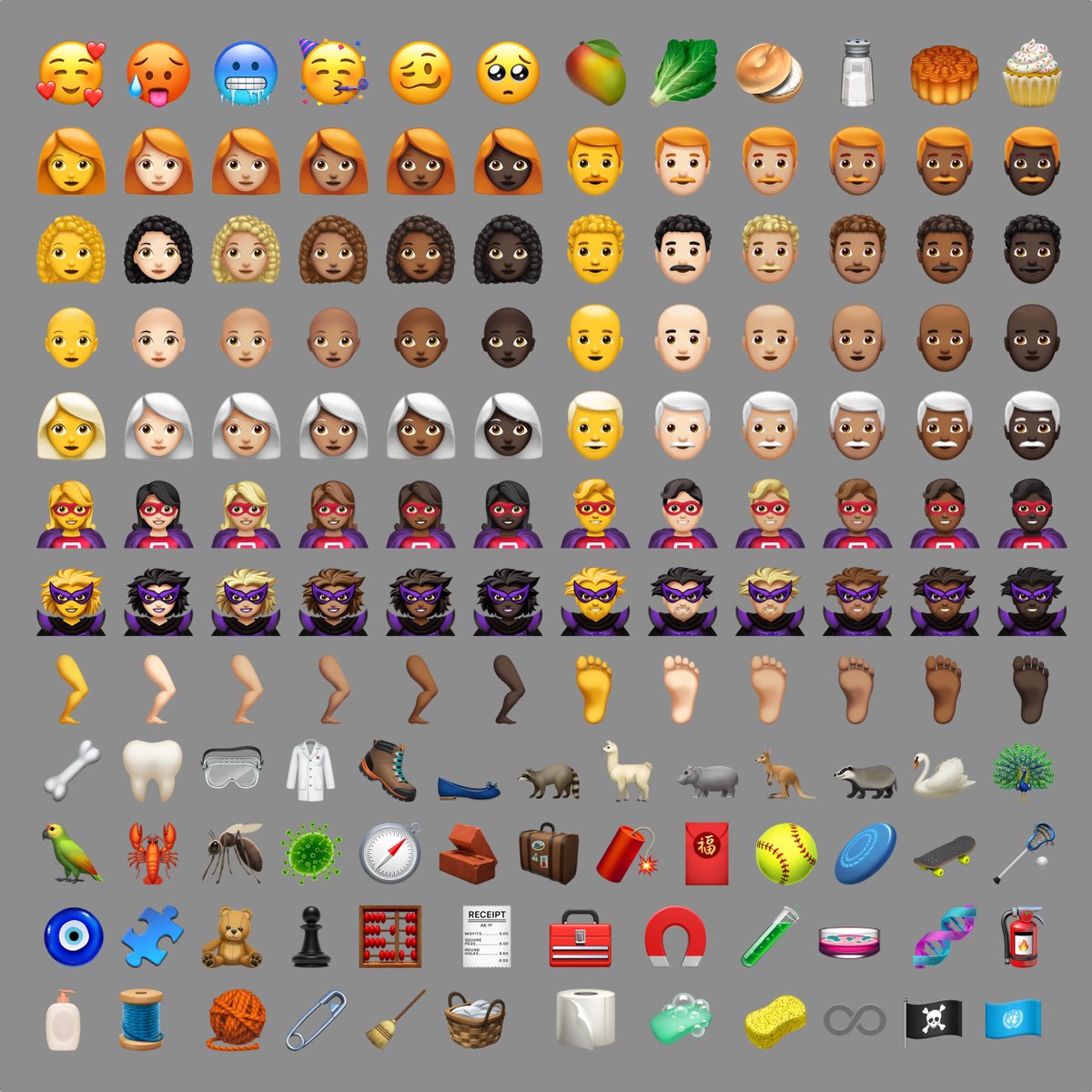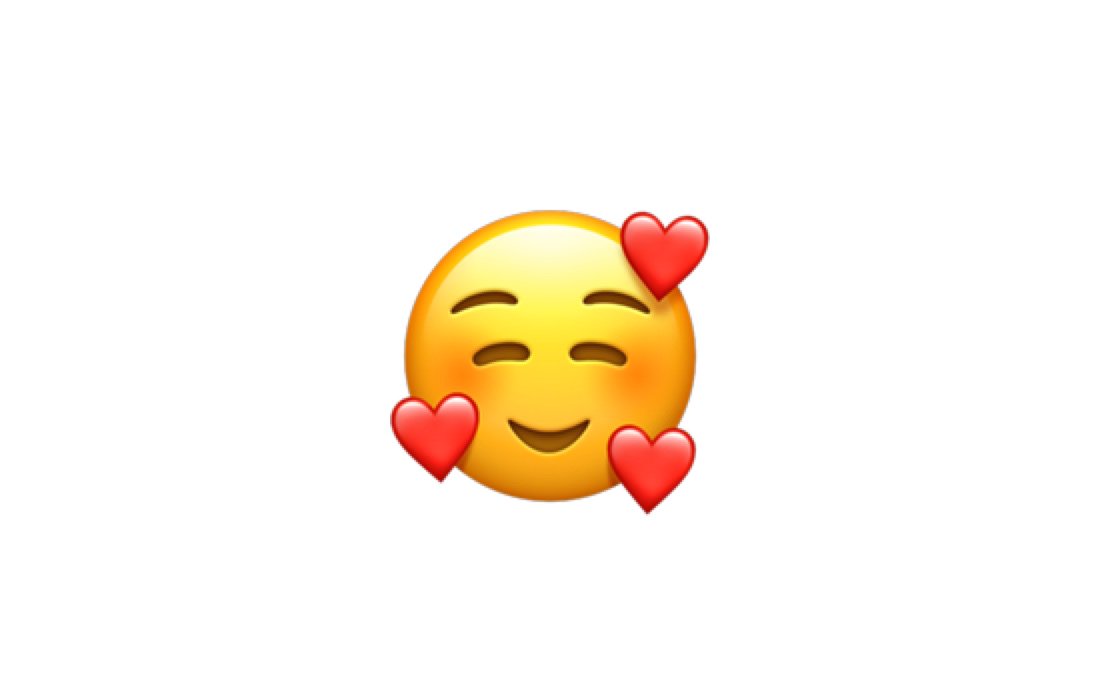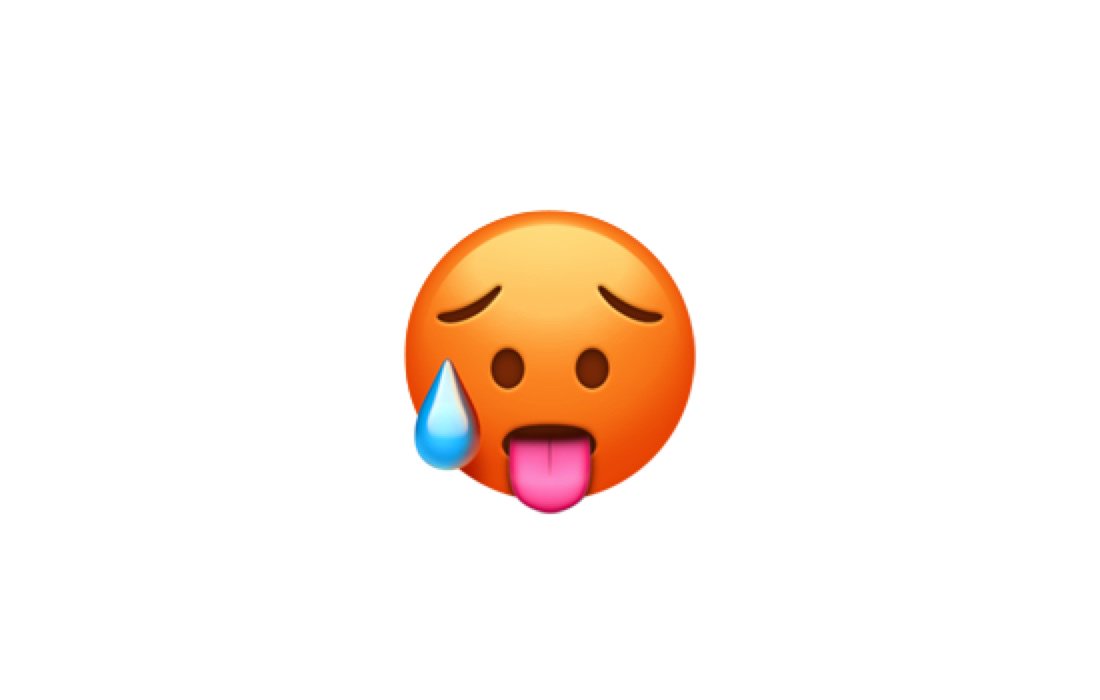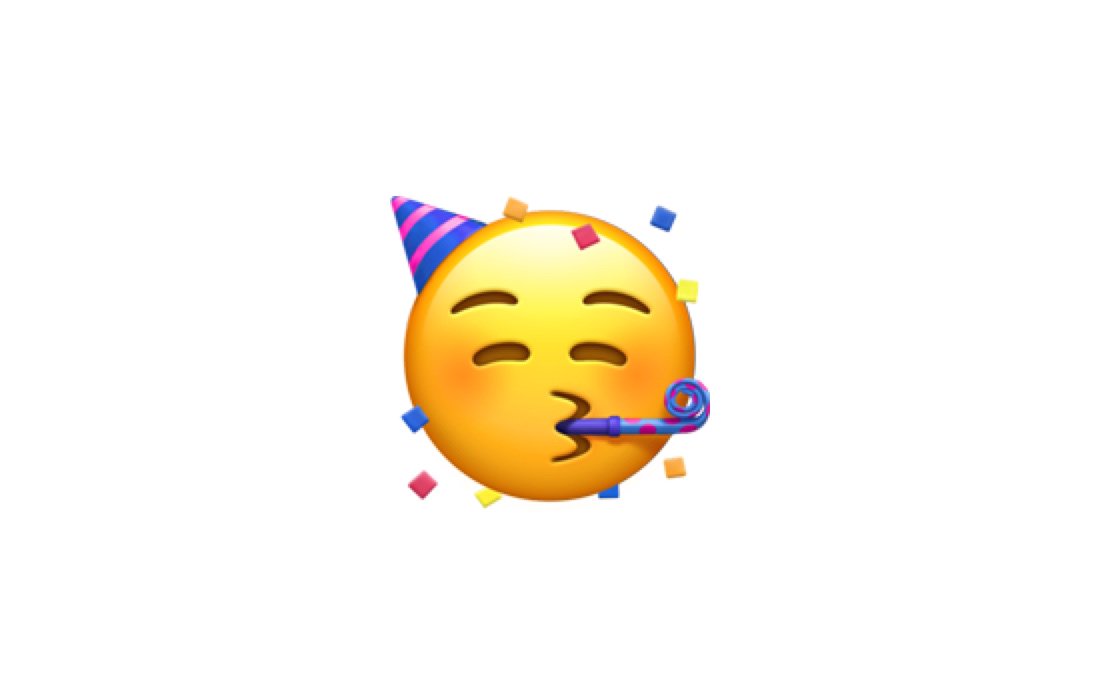1. We think we still have time
One of the biggest reasons to postpone what we have to do, is this sense that there is still time left for us to get it done.
This isn't entirely bad, as long as "last minute work" doesn't affect us emotionally.
However, it can play havoc if our estimate is wrong, or it causes anxiety last minute.
Break down the task into smaller measurable tasks.
Add up the times it will take.
Add some buffer.
The sum is the estimated time you will need.
Now compare it with the time you actually have.
2. We have a LOT of options
We just don't know which one to pick.
FOMO takes over.
What if we pick the wrong one?
Creativity takes over.
The ideas just keep coming.
Sit with each option and imagine the future consequences. Eliminate them, basis what you don't like.
3. "I don't have time"
You have a lot to do.
So it becomes easy to procrastinate what, in your head, isn't urgent.
But it could be important.
Classify your tasks into urgent and important.
The most important things in life, will rarely be urgent.
4. We fear failure
We are paralyzed, because we are scared we might fail.
What if this doesn't work?
So, we don't even start!
I take the smallest first step that I can, which has zero chance of failure.
And that sense of progress, tricks my mind.
It stops feeling scared.
5. We overthink about all the bad things that can happen
Our mind is trained to warn us of danger.
And hence, it focuses on the bad more than the good.
The trick is to focus on probabilities. And not possibilities.
Just because something is possible, doesn't make it probable.
6. We want things to be perfect
We are worried our work will be sub-optimal, setting us up for judgement.
Plus, the visualization of what is needed for perfection, overwhelms us.
Accuracy >> Perfection.
Nothing is ever perfect.
But if it accurate, it is well on its way.
7. We are easily distracted
A ping.
And we drop our work.
An email.
And we drop our work.
A thought.
We drop our work.
Stop all notifications.
Write down all thoughts that distract you.
Close all other windows.
And follow the Pomodoro technique
https://t.co/EtblWRoHiR
8. We are low on energy
We do not feel like doing it.
We get to it and feel drained.
"I will pick it up tomorrow, when I am fresh."
How we manage our time, is an outcome of how we manage our energy.
Pick up the hardest things to do, when high on energy.
https://t.co/IpHuusS2GM
9. We don't know what we are chasing
We want to get fit, but what does that even mean?
We want to feel fulfilled, but what does that even mean?
The more vague a goal we set, the likelier it is that we will procrastinate.
Set small, quantifiable, achievable goals.
10. The result is far, far away!
Goes back to pt 1 above.
When the result is far away, it becomes hard to understand how our work today will get us there.
We think we still have time!
Break down the journey into smaller milestones.
Pause at each milestone, celebrate, reflect.
11. It is not authentically us
We procrastinate that thing the most which does not come naturally to us. That forces us to become someone else to complete it.
Here is the harsh truth
You will never be motivated to do anything that is not naturally you!
Procrastination isn't always a bad word.
I know enough folks who deliver well under pressure.
Their choice to procrastinate stems from their self-awareness.
But not everyone is self-aware.
It baffles me how many of us do not understand the reasons behind their procrastination.
My approach towards solving a problem is to fall in love with the problem as against the solution.
"What is it that I am trying to solve here?"
The deeper I understand the problem, the clearer the solution becomes.
This list is such an attempt.
Incase you haven't already, do consider watching this masterful talk by Tim Urban
@waitbutwhy https://t.co/fIGFT0YrfB
You don’t have to see the whole staircase, just take the first step.
- Martin Luther King Jr.
Every Friday, I write a thread on failure, personal productivity, entrepreneurship and life lessons.
Do follow me
@warikoo to catch these threads on your timeline.
Here is the start of the thread, for you to like and retweet, if you liked it :)
https://t.co/LIBu8BKvmt




